
Portugal’s Political Earthquake: Centrist Grip Crumbles, Right Ascends
A seismic shift in Portugal's 2025 elections reflects a broader Western trend: the erosion of centrist dominance and the rise of populist forces.
Social Europe is an award-winning digital media publisher driven by the core values of freedom, sustainability, and equality. These principles guide our exploration of society’s most pressing challenges. This archive page curates Social Europe articles focused on political issues, offering a rich resource for innovative thinking and informed debate.

A seismic shift in Portugal's 2025 elections reflects a broader Western trend: the erosion of centrist dominance and the rise of populist forces.
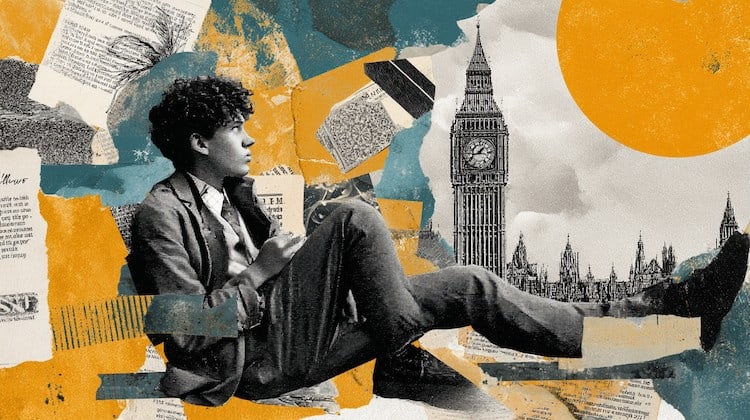
COVID spotlighted inequality. Europe must act—or lose a generation to austerity’s long shadow and policy neglect.
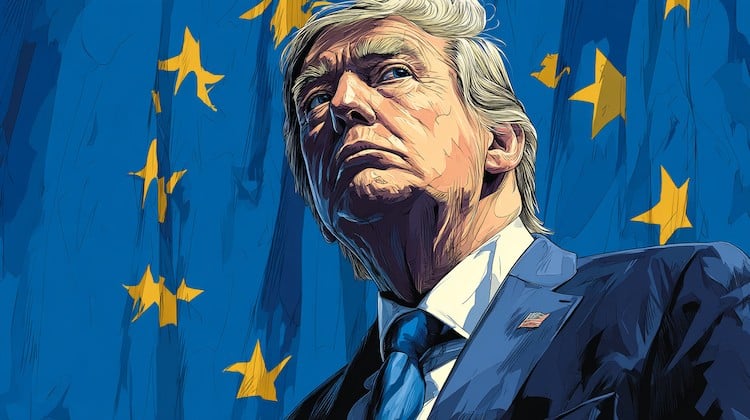
Once optimistic, key European leaders who backed Donald Trump now face stinging tariffs and a new, uncompromising Washington.
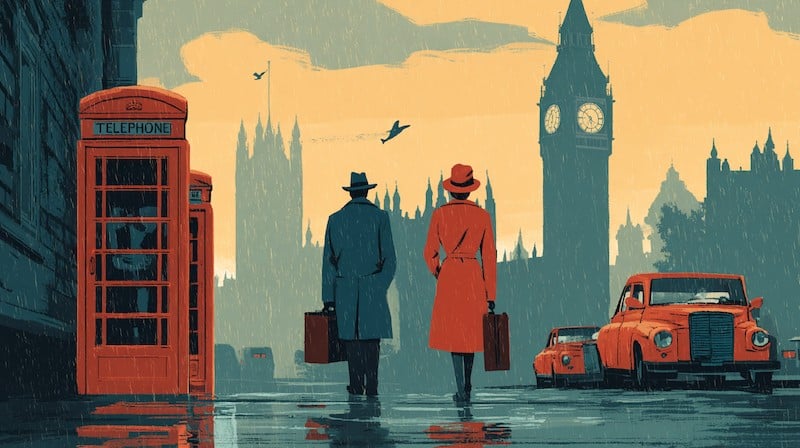
A romantic Brexit reset? UK and EU edge closer to ending their brief but painful post-referendum encounter.
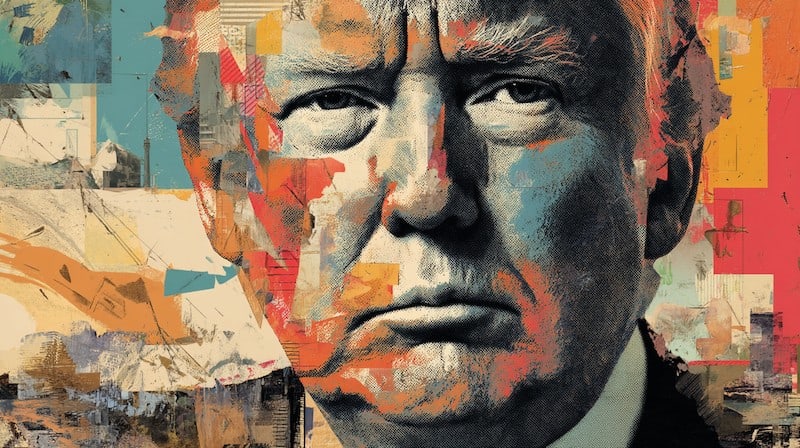
Soft power helped America lead the world. Trump’s wrecking ball diplomacy risks handing that role to China.
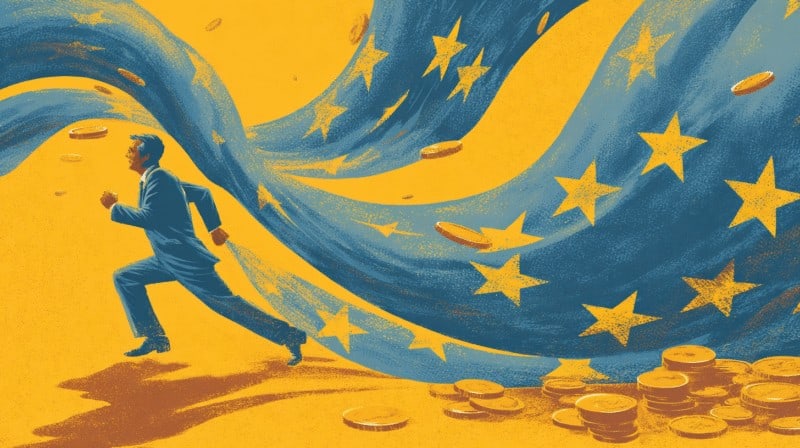
As the current long-term budget nears its end, the European Parliament is laying down its demands for a more ambitious financial framework to tackle mounting challenges.

Why Europe must embrace an “abundance agenda” to deliver results, restore trust, and counter rising populism.
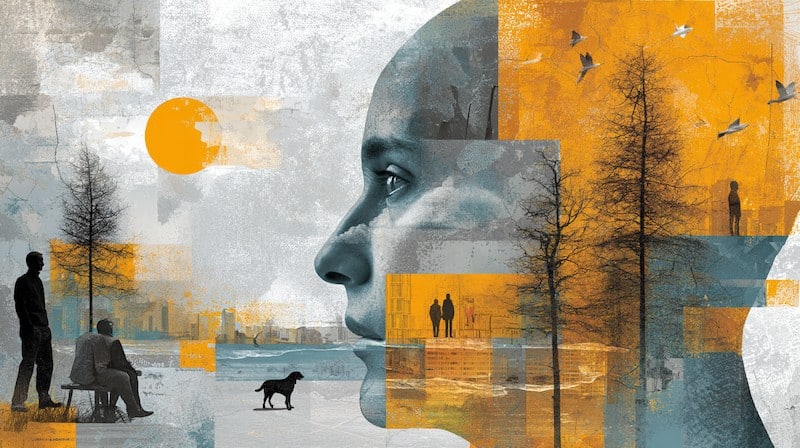
Sweden pioneered welfare privatisation, and its controversial model is now being exported across the continent.

A harsh, right-wing authoritarianism is rising, casting a shadow of unfreedom as classic conservatism fades.
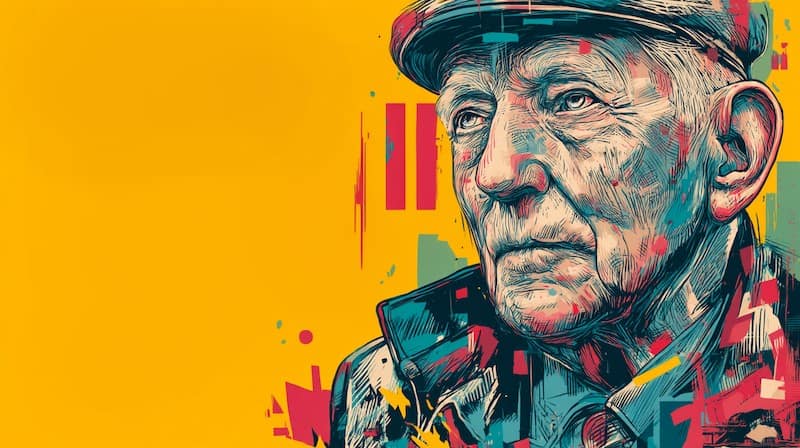
Facing security threats and rising populism, Europe needs state investment in citizens, not austerity that fuelled discontent.
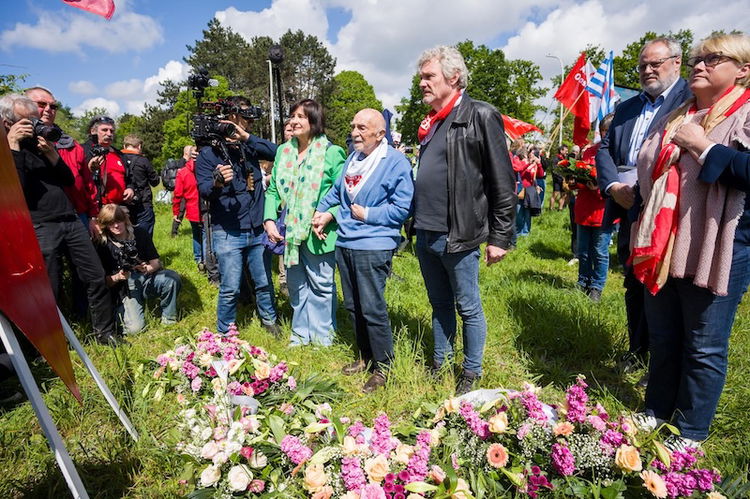
May 8th deserves to be a Belgian public holiday.
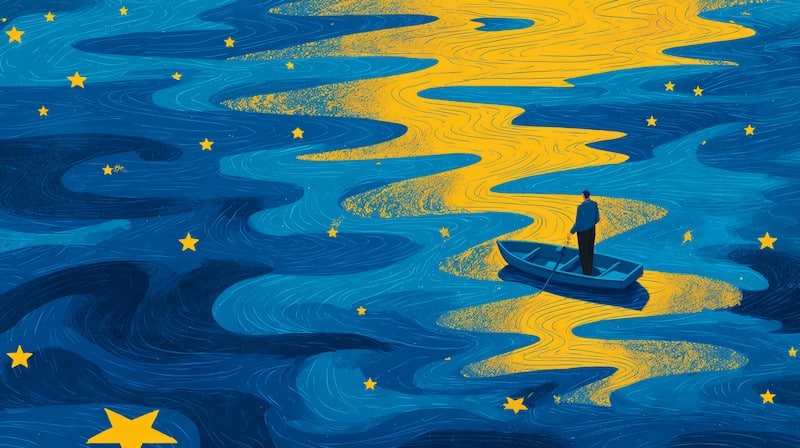
Amid a world of resurgent imperial powers, a fragmented Europe grapples with its past and uncertain future.
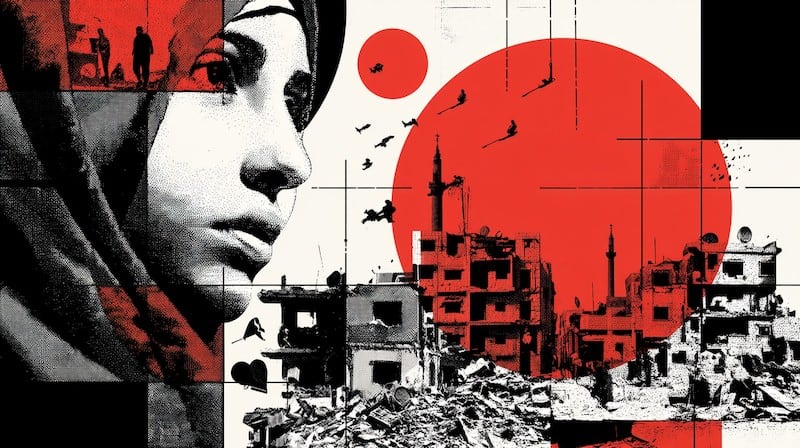
As Gaza endures unprecedented horror, Europe cannot longer stay inactive.